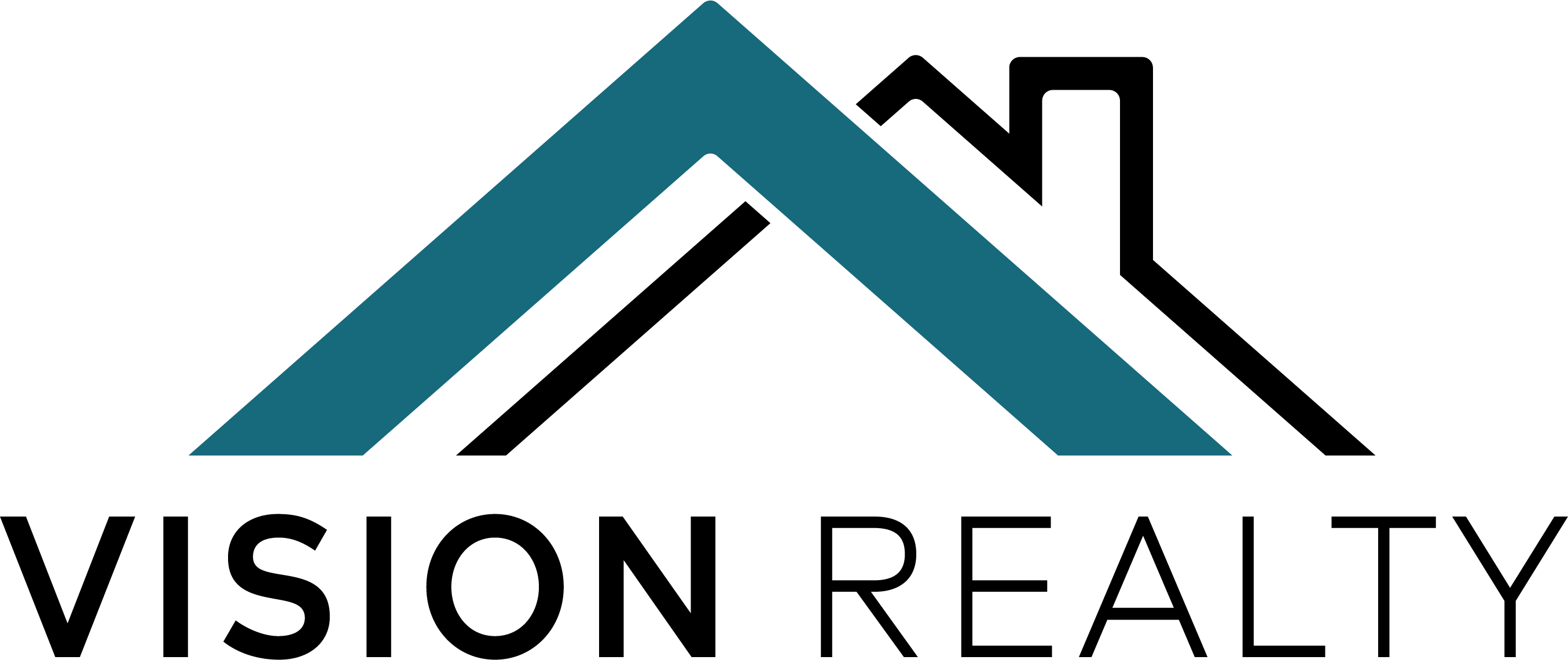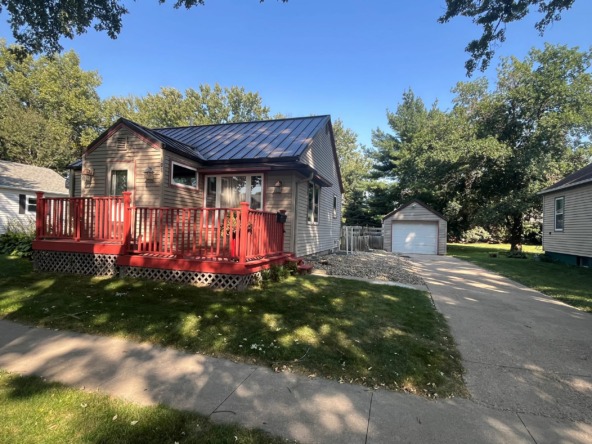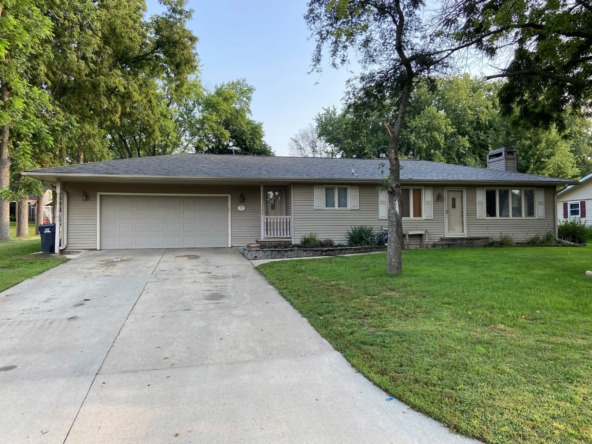What Is The Home Purchase Process?
Most of the time when you start your house hunting you get guidance from friends or family and a mix of exploring and online searching.
Some find their home right away, while others may look at many homes. In either case, your agent will be a resource of insight and guidance to help you work through issue that arise.
You may expect the following in writing an offer:
Buyers sign a purchase agreement.
You found the home you’ve been looking for! You have looked over the sellers disclosure, reviewed comparable sales with your agent and submitted an offer. The sellers may accept your first offer, but may come back with a counteroffer. Additional negotiations are common and your agent will help you with that.
The sellers say YES.
Once everyone has agreed with the terms of the contract, the parties have reached mutual acceptance.
Buyers write out earnest money to accompany their offer.
To let the sellers know you are a serious buyer you’ll place a deposit/or earnest money, on the property. It’s generally at least 1 percent of the purchase price. You will make your check out to the listing company, not the seller. Note: This money goes towards your down payment later.
Escrow opens.
Your earnest money is held in the listing company’s account until close to closing then given to the proper professionals to make the closing happen. (lender, mortgage broker, title insurer, real estate agents, etc.).
Fill out an application for a mortgage.
Hopefully you have already done this step with a local lender (which is a smart thing to do). If not, you’ll begin the loan application process now.
The lender looks at title history and orders an appraisal.
The lender needs the correct information about the property before granting a loan. Potential problems can come up at this time. For example, the appraisal could show a lower value than the amount on the purchase agreement, or the lender or appraiser could have trouble finding comparable homes. The title search could turn up liens or other problems as well.
Home Inspection.
You should hire a home inspector – generally, your agent can suggest a list of inspectors in the area – they check the home and point out minor and major problems that should be fixed before closing. At this point, you may still have the option of backing out of the deal if you find something you cannot live with or will be too spend for you to fix. You need to be careful in this area, because if you ask the seller to fix something, or ask for money, then you have created a legal counteroffer, and the seller may have the option of backing away from the offer and taking a better offer if one has come in.
Releasing Contingencies.
If you feel good about the home inspection, appraisal and title search, then all contingencies can be removed. Then you may be on your way to a closing.
Begin Packing!
Once the contingencies have been removed you should think about starting to pack. Be sure when you get to the closing table all your belongings are out of the house and you are ready to turn over your keys at the closing table.
Closing Time.
Contingencies have been removed and your bank says you are ready in the financing area. Sellers and buyers will sign all documents needed and the transaction closes. Shake and hand over the keys!





